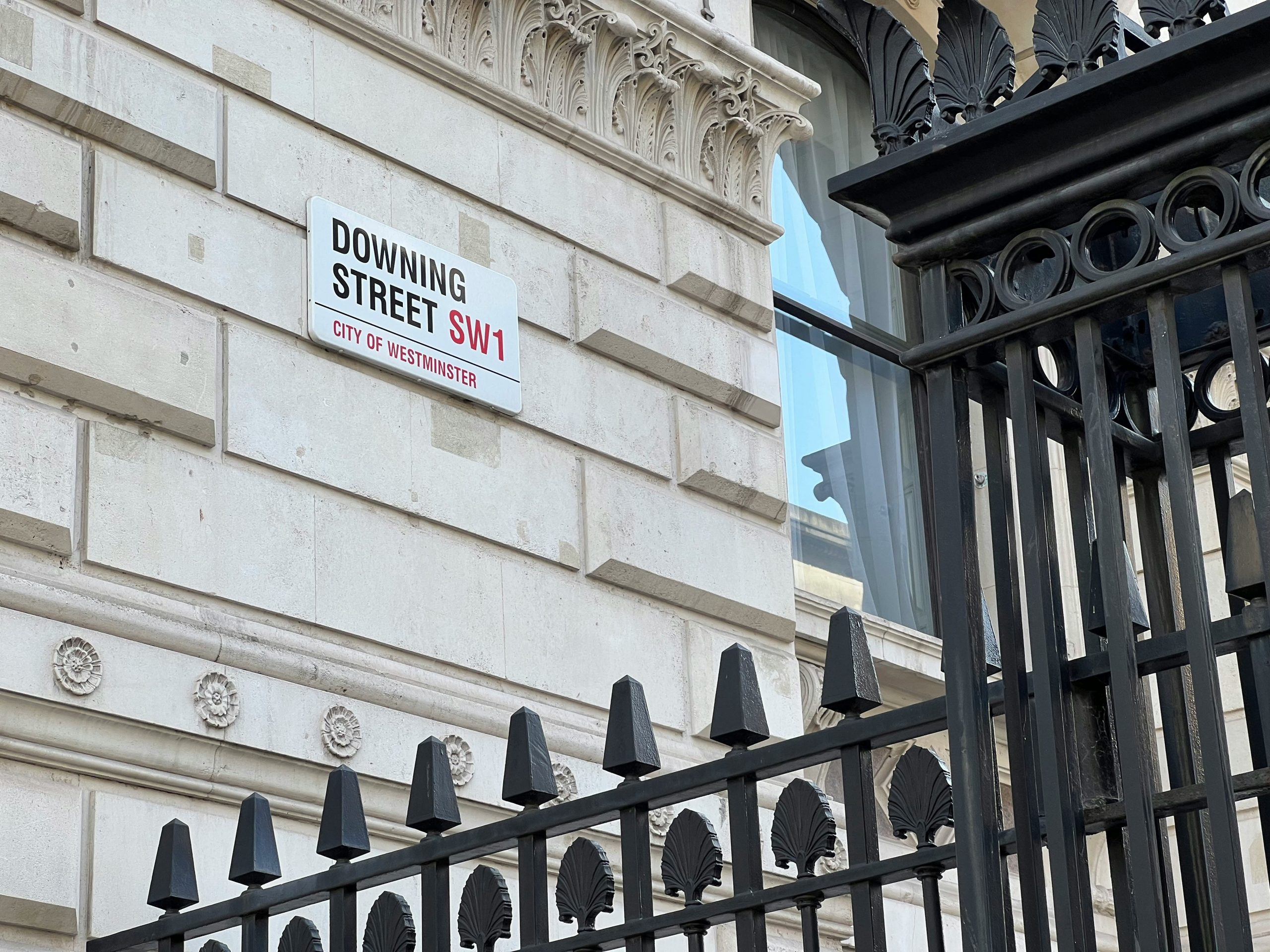The votes have been counted, all of the seats have been decided, and Sir Keir Starmer is now the Prime Minister of the United Kingdom, following Labour’s remarkable victory of 412 seats.
Starmer’s cabinet was announced yesterday, with 22 Labour MPs and peers, including a record of 11 women. Notable appointments include Angela Rayner as his deputy, Rachel Reeves as the first woman chancellor, and Yvette Cooper as home secretary.
In his first speech as Prime Minister, Starmer vowed to serve the whole country in building a “government of service”, stating that “our work is urgent – and we begin it today”, which was subsequently met with cheers from onlooking supporters. As noted in his speech, Starmer’s focus will be on restoring confidence in UK politics, and a focus particularly on those who voted against Labour.
Shortly after Starmer’s speech, Rishi Sunak announced in his resignation speech that he will step down as the Conservative party leader, effective when his replacement is elected. He stated that it is “important that after 14 years in government, the Conservative party rebuilds, but also that it takes up its crucial role in opposition professionally and effectively.”
The station voting polls closed at 10pm on the 4th of July, and the ballots were immediately sent to the count centres to be processed. Various constituencies started releasing the results of the ballots through the early hours of the morning, with Sunderland South and Houghton being the first constituency to release its votes just after 11pm. Sunderland, always quick to the mark, holds the record for counting their votes the quickest, where votes were recorded by 10.43pm in the 2001 election.
Labour’s majority was secured upon Sunak’s speech after winning the constituency of Richmond and Northallerton, where he conceded the overall loss, stating ‘The Labour party have won this general election, and I have called Sir Keir Starmer to congratulate him on his victory’.
It is the first time in 27 years that a new Prime Minister has moved straight into Downing Street the day after winning a General Election. The last time this happened was following Tony Blair’s victory in 1997.
This result is a spectacular one for Labour, especially in light of the previous election in 2019, where the party only received 202 seats to a Conservative 365, making for the worst result they had seen since 1935. To receive a majority, a party has to win 326 seats total, and Labour beat this by 86 seats. Starmer’s total number of seats was only marginally shy of Blair’s 418 in 1997.
The results can be seen below:
| Labour | Conservative | Liberal Democrats | Scottish National Party | Green Party | Reform UK | Others | |
| No. of seats won | 412 | 121 | 71 | 9 | 4 | 5 | 28 |
According to Sir John Curtice, the BBC’s polling expert, even following the exit polls it looked as though this was likely to be the lowest ever turnout of seats of the Conservative party, at least since the party’s formation in the 1830s. Conservative stronghold areas have been forfeited, with even prolific Tories such as Liz Truss, Jacob Rees-Mogg and Penny Mordaunt losing their seats. Education Secretary Gillian Keegan lost her seat in Chichester to the Liberal Democrats, which had previously been held by the Conservatives for 100 years. Sir Jacob Rees-Mogg, former Business Secretary, told the BBC before his defeat was announced that the party had taken its ‘core vote for granted’.
The party most hot on the tail of the Tories was Reform UK, who have become the third largest party in the UK by vote share and won five seats. The party leader Nigel Farage has comfortably overturned the Conservative majority to win the seat of Clacton. The party managed to come second in many constituencies, mostly in areas won under Boris Johnson back in the 2019 election.
The Scottish Nationalist Party has lost 38 seats in comparison to 2019 at the hands of the Labour Party in their sweeping victory, the worst result since 2010 for the party, with First Minister John Swinney describing the wipeout as “very, very difficult and damaging”.
Following this election, British politics has altered massively, with the scale of Labour’s success now leaving voters wondering whether Starmer’s promising policies can be delivered upon.
